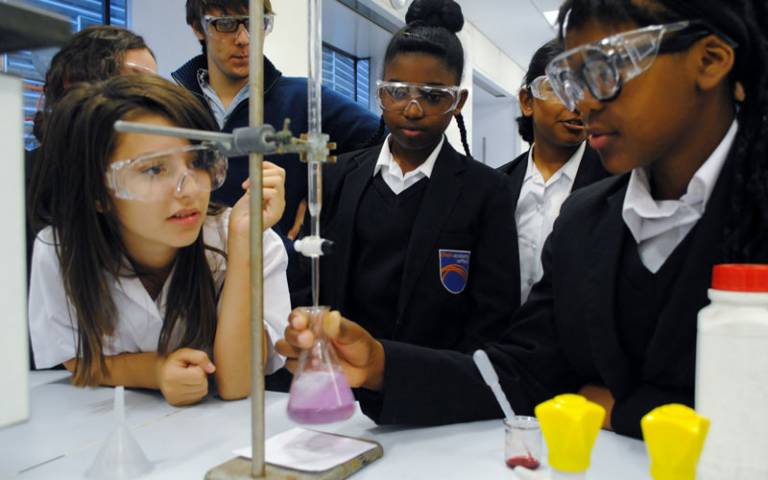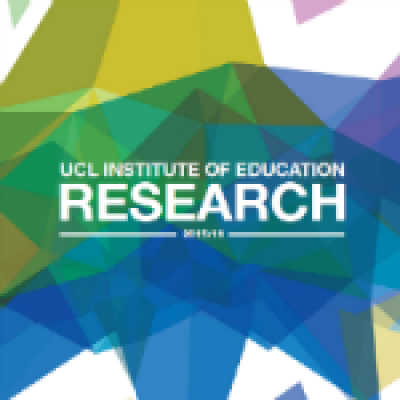Science clubs can help socially disadvantaged pupils' scientific aspirations
28 March 2018
UCL Institute of Education research indicates extra-curricular activities in science, such as after school clubs, can help increase scientific aspirations of students from disadvantaged backgrounds.

The study also found certain teaching approaches, including hands-on science teaching, helped increase future aspirations.
The analysis was led by Dr Tamjid Mujtaba and examined the survey responses of 4780 students in Year 7 (age 11-12 years) and in Year 8 (age 12-13) from schools in England with high proportions of those from disadvantaged backgrounds.
Previously, studies have highlighted the participation drops in science subjects once they become non-compulsory. However, despite the concern, it has been unclear what educators can practically do to increase the numbers of science students.
The study revealed pupils' scientific aspirations were associated with how useful they thought science was for their future and their intrinsic interest in science. Additionally, their confidence in their own abilities in science, encouragement from teachers and family to study science post-16, and family science capital (family encouragement towards, and shared family participation in, extra-curricular science activities) had smaller but significant associations.
The socio-economic profile of students appeared to have very little association with aspirations, when accounting for the students' engagement with extra-curricular science activities (i.e. science clubs) and beliefs about the perceived usefulness of science to their future lives.

In order to foster science aspirations among students from disadvantaged backgrounds, the paper suggests students would benefit from encouragement to continue with science post-16 and having access through their schools to extra-curricular science activities.
"Our findings suggest that students from disadvantaged can be encouraged to think about having a future career in science or chemistry if they are exposed to opportunities at school that foster their interests in these subjects and highlight the range of careers and opportunities available to them", said Dr Mujtaba.
"The most surprising finding was that the effect of socio-economic disadvantage was less directly relevant, while receiving encouragement to study science or chemistry from teachers and other significant people and taking part in extra-curricular science activities accessed through their schools were more important.
"However, there were indications that socio-economic disadvantage limited students' beliefs about the benefits of having a post-16 science qualification for accessing to future employment and higher education. Additionally, family science capital and engagement in extra-curricular science activities at school was linked with higher aspirations towards science.
"Whilst schools cannot change students' lack of family science capital or social disadvantage, teachers can provide extra-curricular science activities through science clubs or links with external agencies and highlight the relevance and benefits of studying science."
The research was funded by the Royal Society of Chemistry.
Media contact
Rowan Walker, UCL Media Relations
rowan.walker@ucl.ac.uk
+44 (0)20 3108 8516
Links
- Read the paper 'Students' science attitudes, beliefs, and context: associations with science and chemistry aspirations'
- View Dr Tamjid Mujtaba's research profile
- Department of Curriculum, Pedagogy & Assessment
- Royal Society of Chemistry
Image
- Top: UCL Chemistry via Flickr (CC BY 2.0)
- Bottom: usehung via Flickr (CC BY 2.0)
 Close
Close


